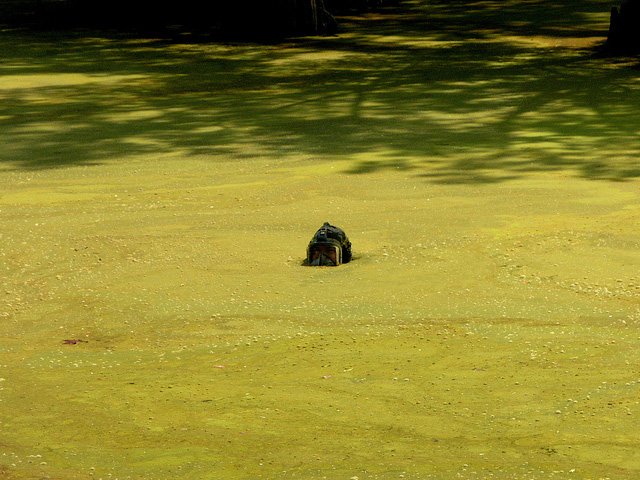What it Takes to be an EPA Diver
A lot of people ask how to become an EPA diver.
Diving is a "collateral duty" at EPA - which means we don't usually hire staff specifically for diving work. Most of our divers are permanent EPA employees from various programs throughout the agency. Many are trained in oceanography, marine ecology, and similar fields, but we have divers with a wide variety of backgrounds.
Staff based in regional office locations with a dive unit can apply to be part of our diving program. Acceptance is based on a variety of criteria including physical fitness, swimming ability, experience with field surveys, SCUBA certification level, and relevance to their current job.
Our divers receive specialized training in areas such as polluted water diving and underwater science. This allows them to support monitoring, research, and emergency response efforts across the agency in a wide range of underwater conditions -from messy seafood processing outfalls to muddy sloughs to the open ocean.
Here's one of our former Seattle-based dive officers, Sean Sheldrake, talking about his experience as an EPA diver:
So if you're interested in becoming an EPA diver, brush up on your math and science! You can search current job openings and other opportunities at EPA careers.

